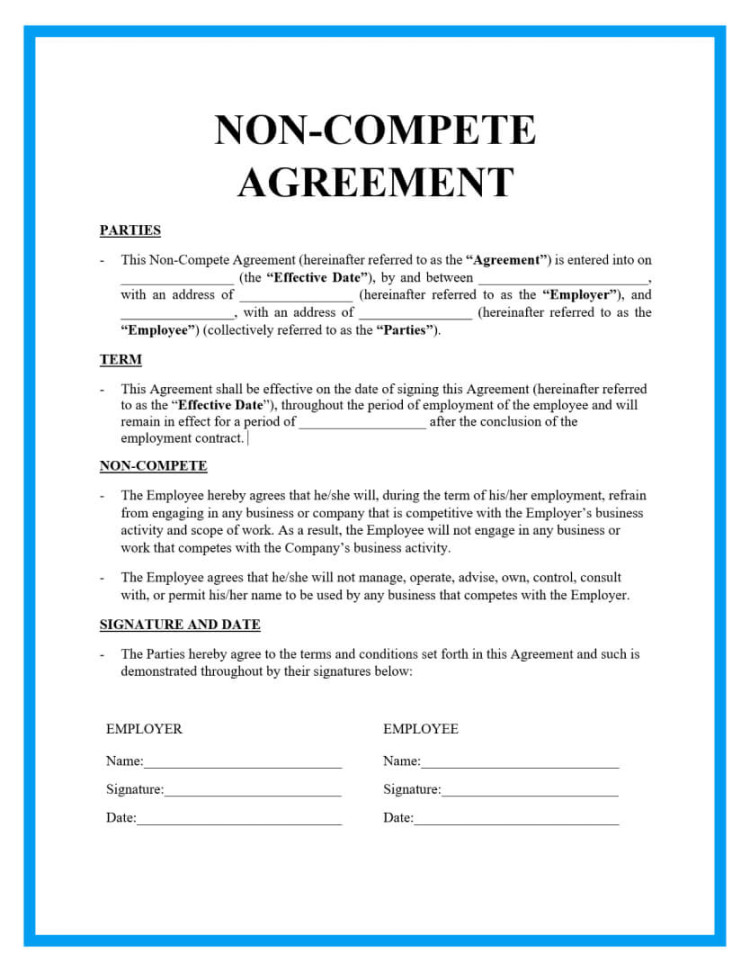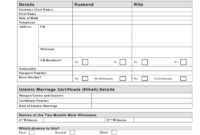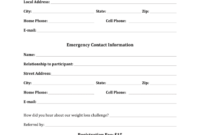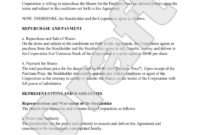A non-compete agreement is a legal contract that restricts an individual’s ability to compete with their former employer or business partner after they leave the company. While these agreements can be complex and often require legal counsel, there are several free templates available online that can provide a solid foundation for creating a professionally designed non-compete agreement.
Essential Elements of a Non-Compete Agreement

To ensure the enforceability and effectiveness of a non-compete agreement, it is crucial to include the following elements:
Parties to the Agreement
Clearly identify the parties involved in the agreement. This includes the name of the former employer or business partner (the “Company”) and the name of the individual who is being restricted (the “Employee”).
Duration of the Restriction
Specify the duration of the non-compete period. This is typically expressed in terms of months or years. It is important to ensure that the duration is reasonable and does not exceed what is necessary to protect the Company’s legitimate business interests.
Geographic Scope
Define the geographic area in which the non-compete restriction applies. This can be a specific city, state, region, or country. The scope should be reasonable and commensurate with the nature of the Company’s business.
Scope of Prohibited Activities
Clearly outline the specific activities that the Employee is prohibited from engaging in during the non-compete period. This should include any activities that could potentially compete with the Company’s business or exploit confidential information obtained during their employment.
Confidentiality Clause
Include a confidentiality clause that prohibits the Employee from disclosing any confidential information obtained during their employment. This can include trade secrets, customer lists, proprietary information, and other sensitive data.
Indemnification Clause
Consider adding an indemnification clause that requires the Employee to indemnify and hold the Company harmless from any losses or damages arising from the Employee’s violation of the non-compete agreement.
Severability Clause
A severability clause ensures that if any portion of the agreement is found to be unenforceable, the remaining provisions will remain in effect.
Choice of Law and Dispute Resolution
Specify the governing law that will apply to the agreement and the method for resolving any disputes that may arise. This can include provisions for mediation, arbitration, or litigation.
Design Considerations for a Professional Template
To create a professional non-compete agreement template, consider the following design elements:
Font Selection
Choose a font that is easy to read and professional in appearance. Avoid using overly decorative or difficult-to-read fonts. Sans-serif fonts like Arial, Calibri, or Helvetica are often good choices.
Layout and Formatting
Use a clean and consistent layout that is easy to follow. Use headings, subheadings, and bullet points to organize the information and make it more readable.
White Space
Use white space effectively to create a visually appealing and easy-to-read document. Avoid overcrowding the page with text.
Professional Branding
If the Company has a brand identity, incorporate elements of that brand into the template. This can include using the Company’s logo, colors, and fonts.
Clear and Concise Language
Use clear and concise language that is easy to understand. Avoid legal jargon that may confuse the parties.
Additional Tips for Creating a Professional Template
Consult with an attorney: While there are many free templates available online, it is always advisable to consult with an attorney to ensure that the agreement is legally sound and tailored to your specific needs.
By following these guidelines and incorporating the essential elements of a non-compete agreement, you can create a professional and effective template that will protect your business interests.


